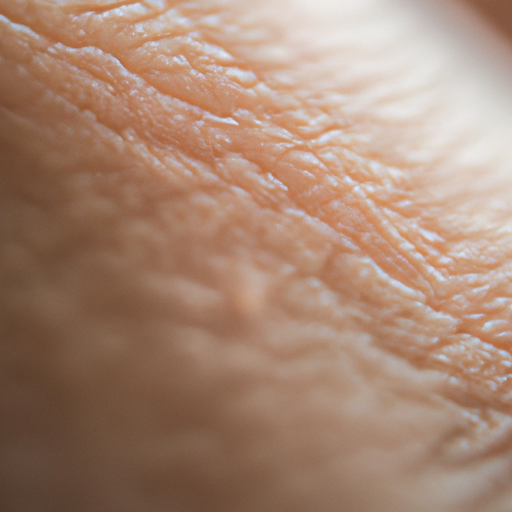Dry skin is a common issue that affects many people, especially during the colder months. It can cause discomfort, itching, and even lead to more serious skin conditions if not treated properly. As a skincare expert, I have compiled eight essential tips to help you calm and hydrate your dry skin, banishing the itch and discomfort for good.
1. Hydrate from Within: Hydration is not just about what you apply on your skin but also about what you consume. Drinking plenty of water throughout the day helps maintain your skin’s moisture balance and promotes overall health. Incorporating foods rich in omega-3 fatty acids, such as fish, nuts, and seeds, can also help improve skin hydration.
2. Choose the Right Cleanser: Many soaps and cleansers strip your skin of its natural oils, leading to dryness. Opt for a gentle, fragrance-free cleanser that is specifically designed for dry skin. These products will cleanse your skin without removing its natural moisture.
3. Moisturize Regularly: Applying a moisturizer immediately after bathing or washing your hands helps lock in moisture. Look for products containing ingredients like hyaluronic acid, ceramides, or glycerin, which are known for their hydrating properties.
4. Use a Humidifier: Dry air can exacerbate dry skin issues. Using a humidifier in your home can help maintain a suitable humidity level, preventing your skin from drying out.
5. Avoid Hot Showers: While a hot shower might feel good, it can strip your skin of its natural oils. Instead, opt for lukewarm water and limit your showers to 10-15 minutes.
6. Exfoliate Gently: Exfoliating helps remove dead skin cells that can make your skin look dull and dry. However, it’s important not to overdo it as it can irritate your skin and exacerbate dryness. Use a gentle, hydrating scrub once or twice a week.
7. Protect Your Skin: Harsh weather conditions, like wind and cold temperatures, can dry out your skin. Always protect your skin by wearing appropriate clothing and applying a moisturizer with SPF when going outside.
8. Consult a Dermatologist: If your skin remains dry and itchy despite your best efforts, it may be time to consult a dermatologist. They can assess your skin condition and recommend suitable treatments or products.
In conclusion, managing dry skin is all about maintaining its natural moisture balance. This can be achieved through proper hydration, using the right skincare products, protecting your skin from harsh environmental factors, and seeking professional help when necessary. Remember, everyone’s skin is different, so what works for one person might not work for another. It’s important to understand your skin type and needs to find the most effective skincare routine for you.



